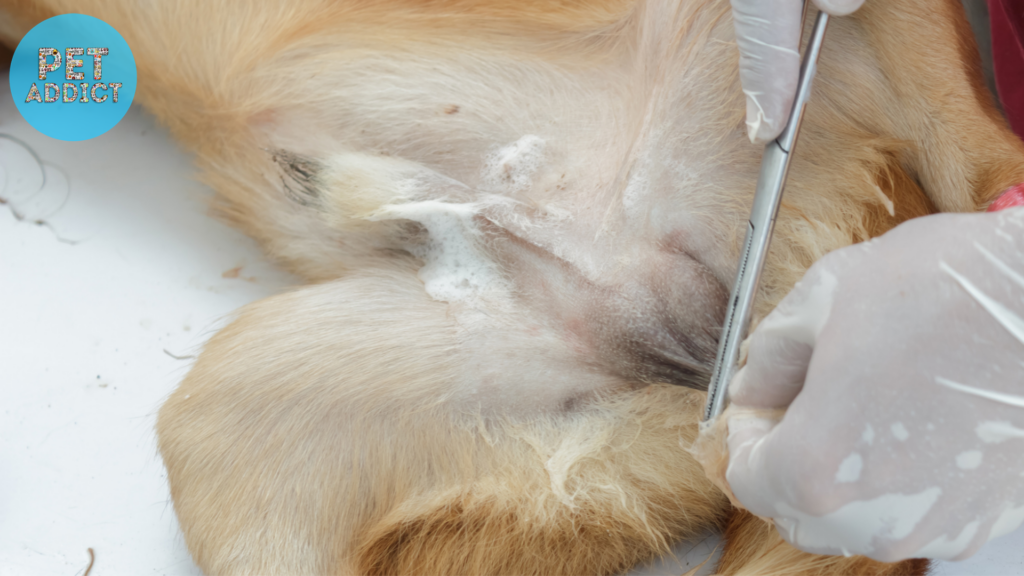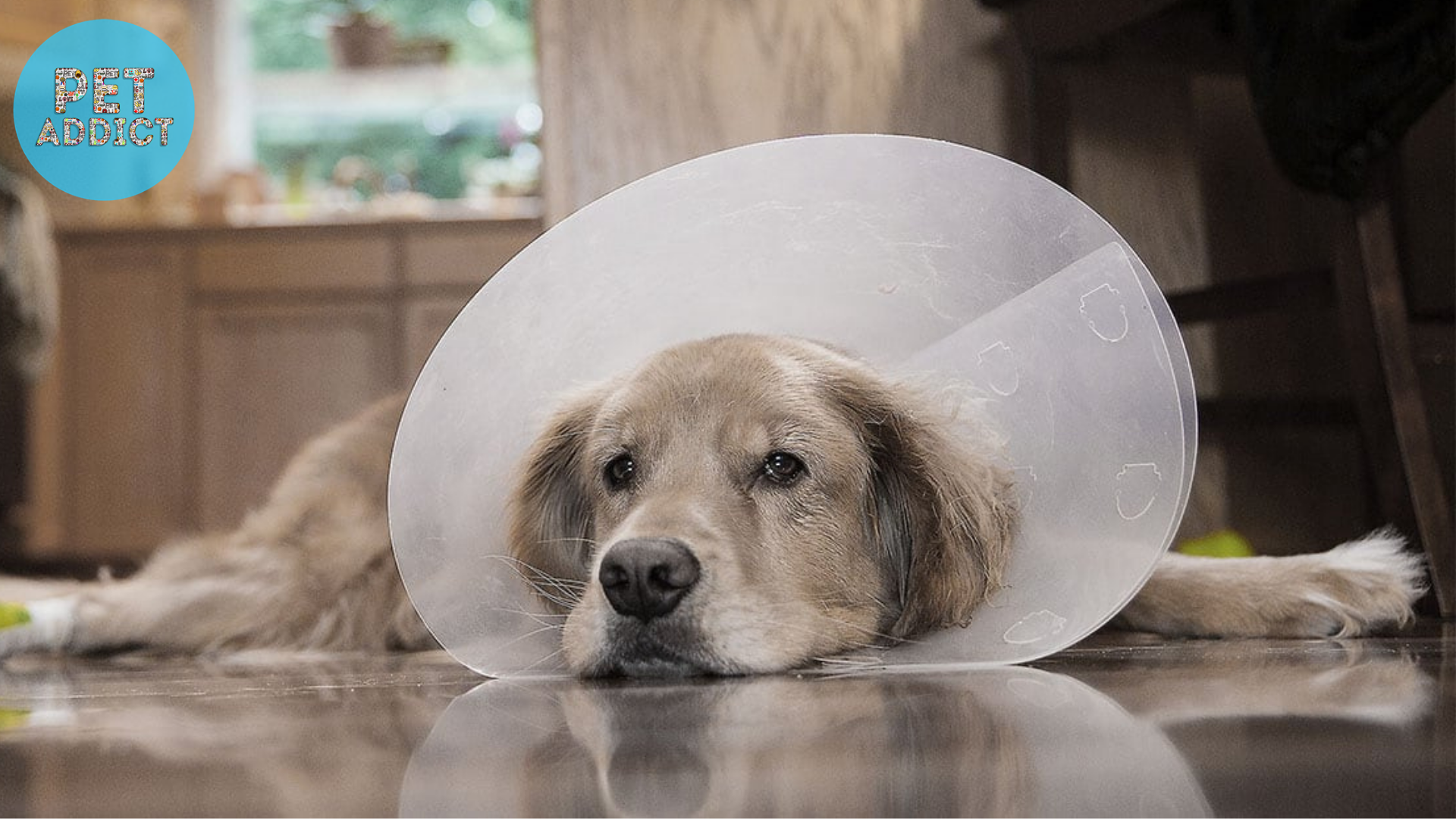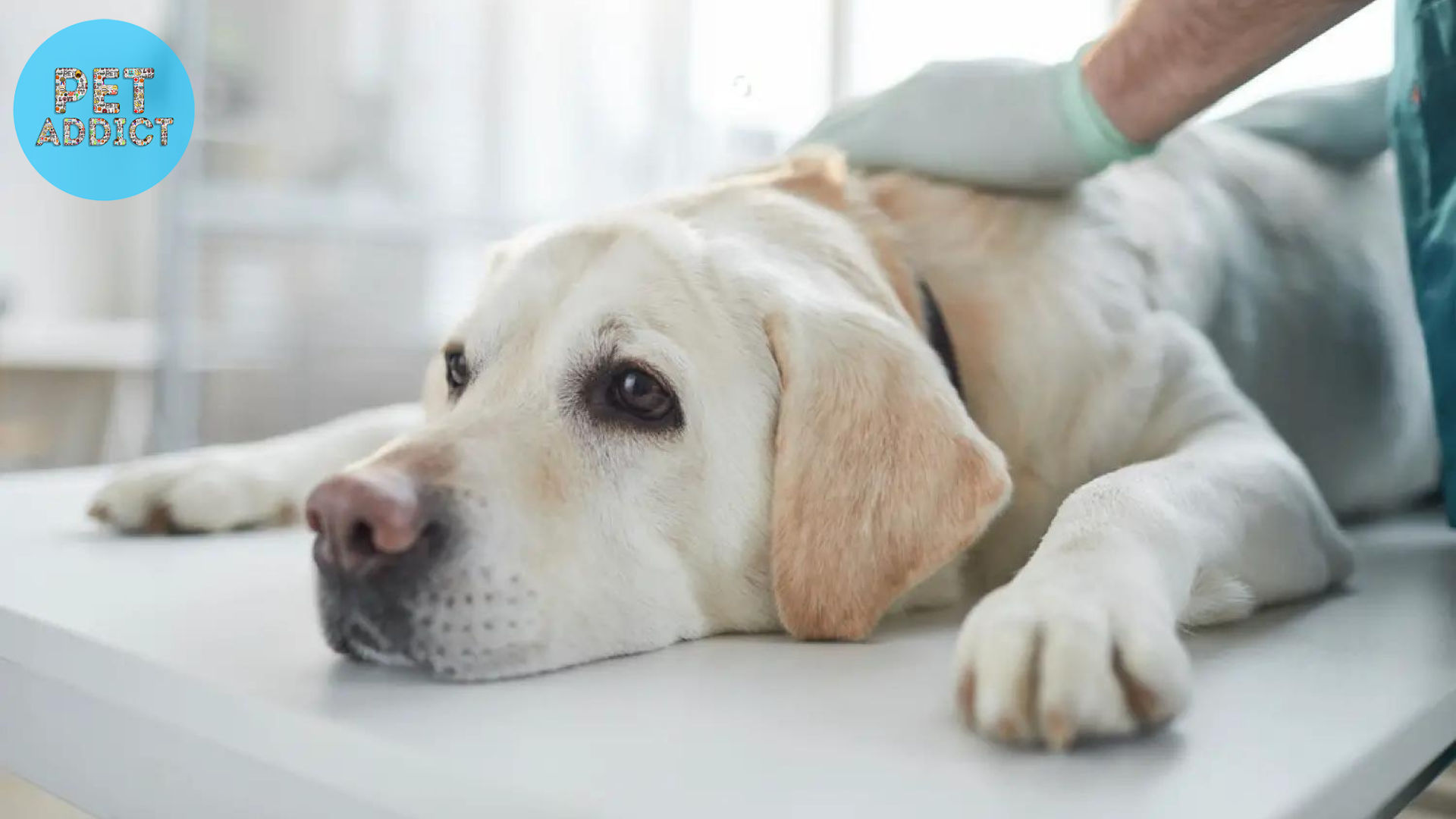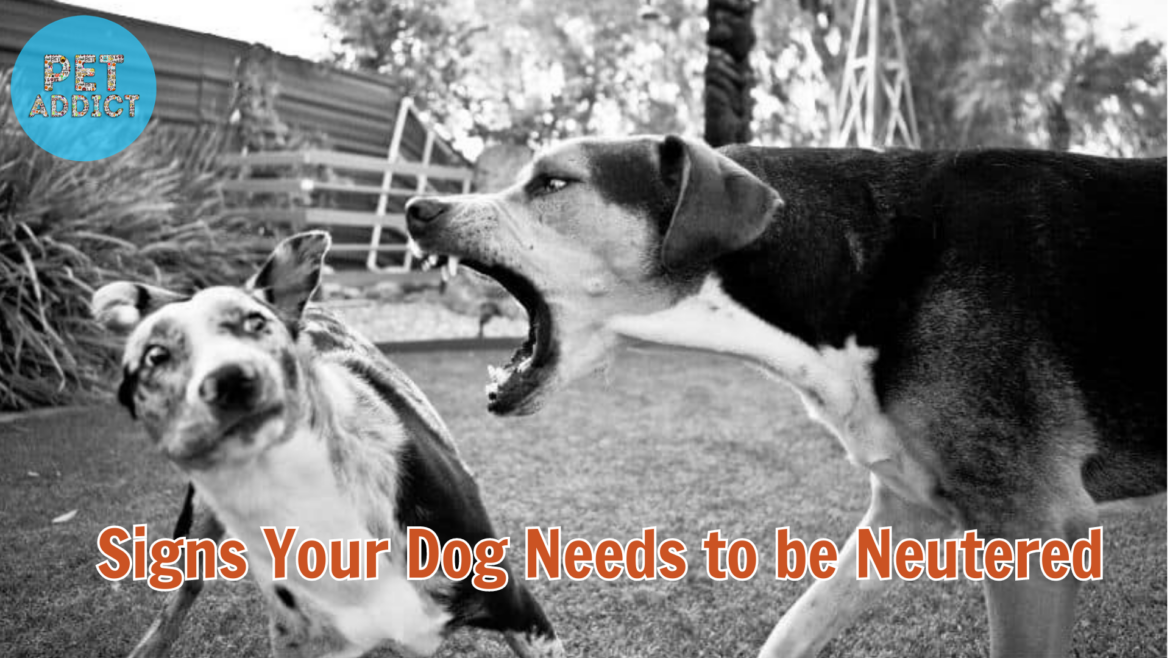As responsible pet owners, it is essential to provide the best care for our canine companions. One crucial aspect of responsible dog ownership is knowing when and why to consider neutering our dogs. Neutering is a surgical procedure that involves the removal of a male dog’s testicles, and it offers numerous benefits for both the dog and the owner. In this article, we will outline five signs that indicate your dog needs to be neutered.
PetAddict.net – The best place where you can find everything about your pet!
What is Neutering?
Before delving into the signs, let’s understand what neutering entails. Neutering is a common veterinary procedure that helps control pet overpopulation and can improve a dog’s behavior and health. Besides preventing unwanted litters, neutering also reduces the risk of certain health issues in male dogs, such as testicular cancer and prostate problems.
The Right Time for Neutering

Timing is crucial when it comes to neutering your dog. Generally, it is best to consult with your veterinarian to determine the most appropriate age for the procedure. Factors such as breed, size, and overall health are considered when deciding the right time for neutering. Early neutering has its benefits, but it may not be suitable for all dogs.
5 Signs Your Dog Needs to Be Neutered:
- Unwanted Behaviors: Unneutered male dogs are more likely to exhibit undesirable behaviors, such as aggression, territorial marking, and mounting. Neutering can help reduce these behaviors and promote a calmer and more well-behaved pet.
- Marking Territory: If your dog starts marking his territory excessively, such as urinating on furniture or inside the house, it could be a sign that he needs to be neutered. Marking is a natural behavior in male dogs, but it can become problematic when done inappropriately.
- Aggressive Behavior: Hormonal changes in unneutered male dogs can sometimes lead to increased aggression towards other animals or even humans. Neutering can help mitigate this aggression and create a safer environment for everyone.
- Roaming and Wandering: Intact male dogs are more likely to roam and wander in search of potential mates. This behavior can put them at risk of accidents, injuries, or getting lost. Neutering can significantly reduce the urge to roam and help keep your dog safe.
- Medical Indications: In some cases, medical issues may arise in unneutered dogs, such as testicular tumors or prostate enlargement. Neutering can eliminate the risk of such health problems, contributing to a longer and healthier life for your furry friend.
The Neutering Procedure

Before the actual procedure, your veterinarian will provide instructions on how to prepare your dog for surgery. On the day of the surgery, your dog will be anesthetized, and the testicles will be surgically removed. After the procedure, post-surgery care is essential to ensure a smooth recovery.
Myths and Misconceptions

There are several myths surrounding neutering that need clarification. Some owners worry that neutering will alter their dog’s personality negatively. However, the procedure primarily affects reproductive hormones and is unlikely to change a dog’s fundamental nature. Another concern is weight gain, but with a balanced diet and exercise, this can be managed effectively.
Responsible Dog Ownership

Beyond the individual benefits for your dog, neutering plays a significant role in responsible pet ownership. By neutering your dog, you help reduce the number of unwanted puppies, thereby addressing the issue of pet overpopulation. Additionally, spaying and neutering contribute to a healthier and happier dog population overall.
Conclusion

Neutering is a vital aspect of responsible dog ownership. It not only helps control pet overpopulation but also improves a dog’s behavior and health. By recognizing the signs that indicate your dog needs to be neutered, you can take a proactive step toward providing the best care for your furry companion.
FAQs about Neutering Your Dog
- Q: Will neutering my dog make him less aggressive?
- A: Neutering can help reduce aggression in some male dogs, but individual results may vary. It is essential to address any aggressive behavior through proper training and socialization.
- Q: Is there an optimal age for neutering my dog?
- A: The optimal age for neutering depends on various factors, and it’s best to consult with your veterinarian to determine the most suitable time for your dog.
- Q: Will neutering prevent all health issues in my dog?
- A: Neutering can reduce the risk of certain health problems, but it may not prevent all issues. Regular veterinary check-ups and a healthy lifestyle are crucial for your dog’s well-being.
- Q: Can neutering help with house training?
- A: Neutering may improve certain behaviors, such as marking territory, which can aid in house training. However, consistency in training is essential for success.
- Q: Is neutering a painful procedure for my dog?
- A: Neutering is performed under anesthesia, so your dog will not experience pain during the surgery. Your veterinarian will also provide pain management after the procedure to ensure your dog’s comfort.




